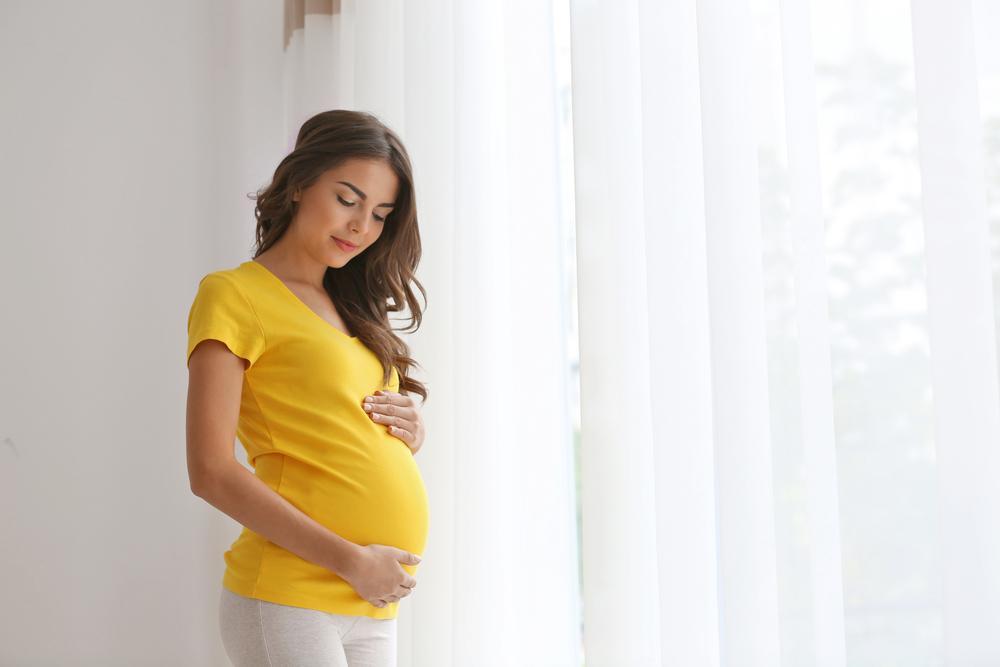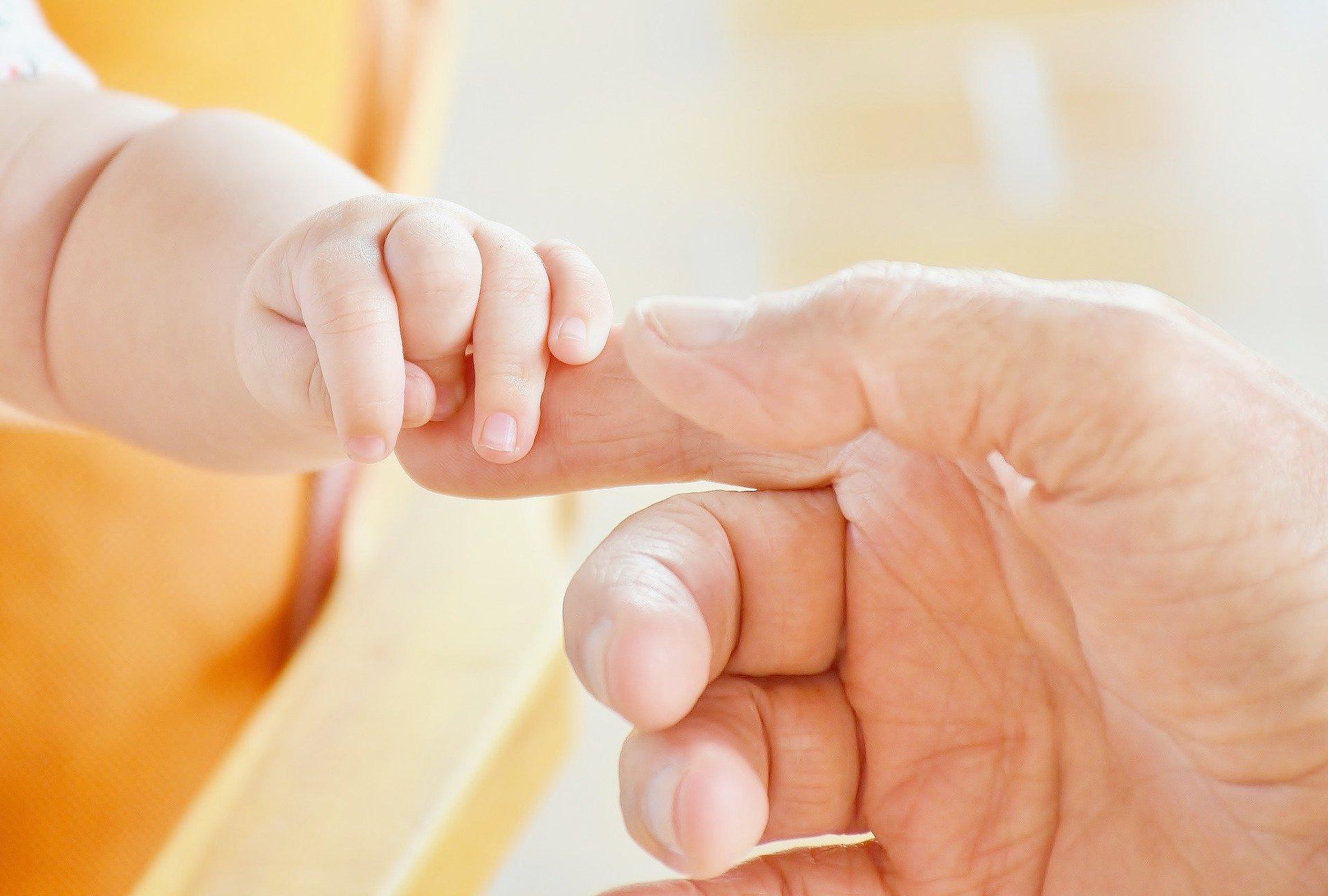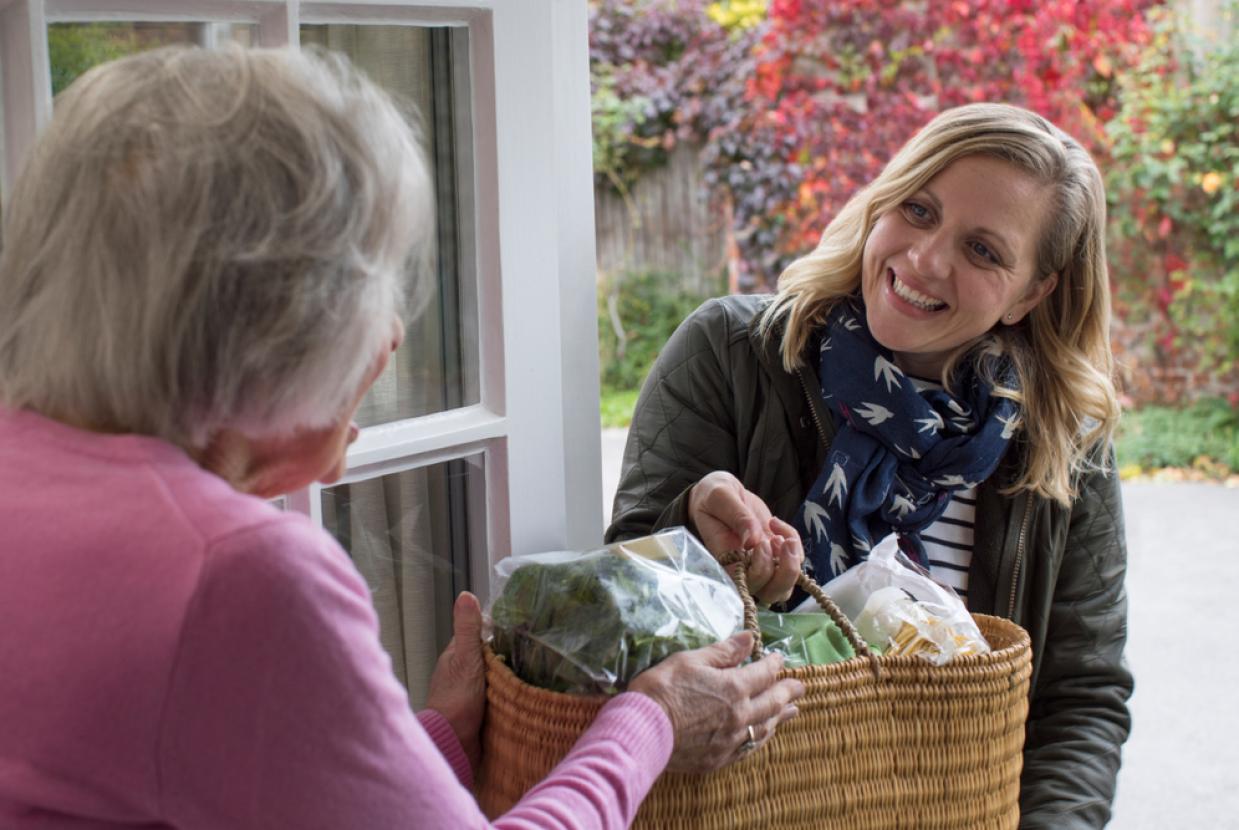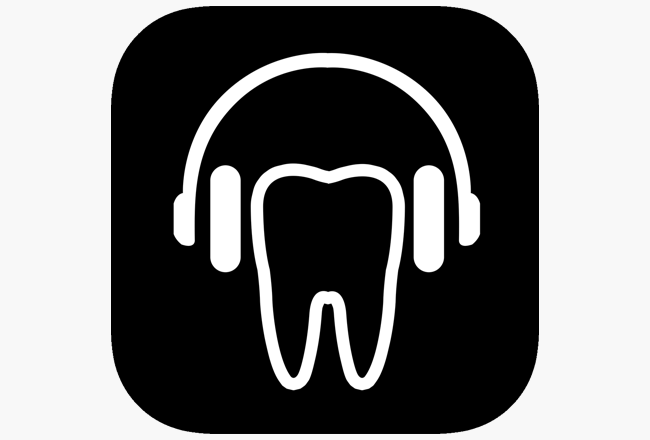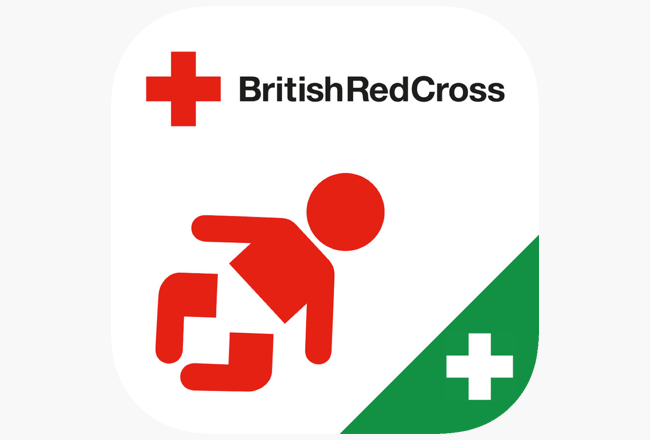Fit For Travel: Heat & Humidity
Family HealthHot, sunny and tropical climates may expose travellers to a rapid change in temperature and/or humidity which can have an adverse effect on their health. Exposure to high temperatures can result in loss of fluids and salts. Heat disorders may be minor such as:
- prickly heat
- fainting
- swelling of hands, feet or legs
- muscle cramps.
Heat exhaustion and heatstroke are related conditions that can have a serious outcome if not treated promptly.
Risk Factors
Temperature regulation is maintained by the skin and circulation. When the body gets overheated, blood is directed away from the centre of the body by relaxation of the blood vessels, this causes sweating and cooling. Rapid dehydration may occur in hot dry conditions.
Humidity can reduce the rate of sweat evaporation making it difficult to regulate the body's temperature.
The elderly, babies and children, and those with pre-existing medical conditions may be more susceptible to heat disorders.
Those undertaking strenuous physical activity such as athletes, hikers and military personnel are at greater risk of major heat disorders.
Reducing the Risks
Heat acclimatisation takes time; you can take some simple steps to reduce your risk of heat related illness:
- limit physical exertion until you have become acclimatised, most travellers will adapt to higher temperatures in approximately 10 days
- maintain adequate hydration; fluid intake can be supplemented with small (but not excessive) amounts of salt added to food or drink, providing you have no pre-existing medical contraindications
- if urine becomes dark then fluid intake needs to be increased - this is a good indicator of hydration status
- clothing should be light and airy, avoid wearing dark or tight fitted clothing
- a hand held personal fan may prove invaluable when it is not possible to escape heat.
- avoid heat exposure during the hottest part of the day, usually between 11am and 3pm
- take advantage of air-conditioning and shade where possible.
Prickly heat
Prickly heat is a common condition in hot and humid climates - it particularly affects children. It is caused by the sweat glands becoming congested leading to an unpleasant prickly sensation usually affecting the neck, chest and back. This may be accompanied by a rash and blisters.
Regular showering and bathing can help. Application of calamine lotion may help relieve the itch. Wearing light loose clothing may help. If persistent an antihistamine can be taken. In some cases hydrocortisone cream can be used.
Cramps
Heat related cramps are painful muscle contractions that usually begin an hour or more after exercise, often involving heavily used muscles in the calves, thighs and abdomen.
Gentle stretching, rest and oral rehydration solutions may help relieve symptoms.
Heat Exhaustion and Heatstroke
Symptoms of heat exhaustion include temperature >38C, fast breathing and pulse, dizziness, headache and confusion. Treatment involves:
- moving to a cool place
- cooling the skin by spraying the face and body with a water-spray, or by sponging down and/or use of cool packs
- using a fan.
- rehydrating with water and other fluids - note that salts often need to be replaced too, so water alone is not always sufficient; rehydration sachets are available but a simple rehydration solution can be made using, for example, soda, salt and lime juice.
Heatstroke is more serious when symptoms of overheating do not resolve with the methods above. If after 30 minutes of using the methods above the temperature has not been reduced, urgent medical attention is needed. Other additional cooling measures in a hospital setting, such as rehydration using intravenous fluids and using ice packs may be required.
Heatstroke can be avoided with careful planning. Heatstroke is more serious when symptoms of overheating do not resolve with the methods above.
Urgent medical attention is needed, usually with rehydration using intravenous fluids. Other additional cooling measures such as using ice packs to reduce the body temperature may be required but these should only be used with expert guidance



